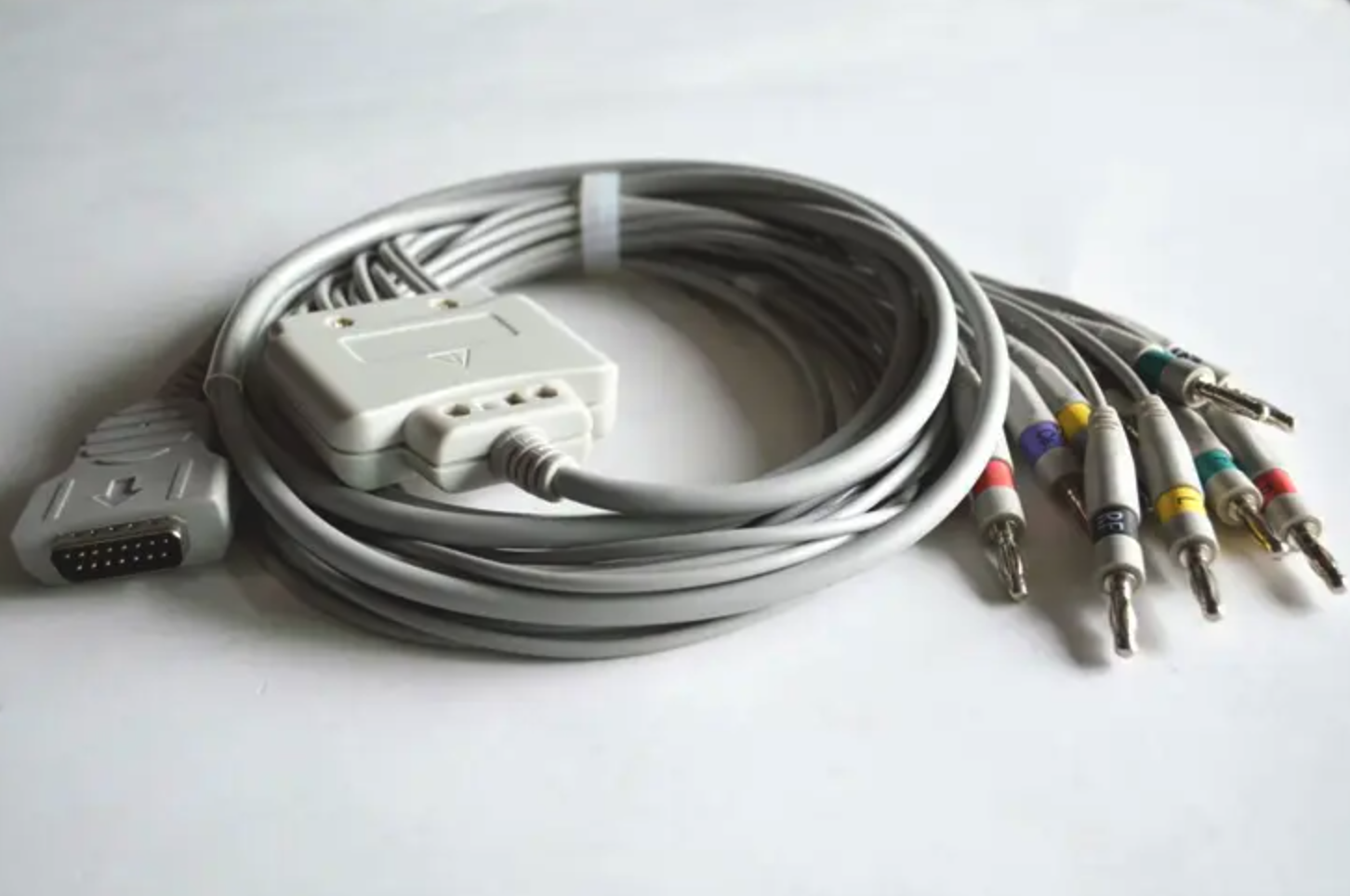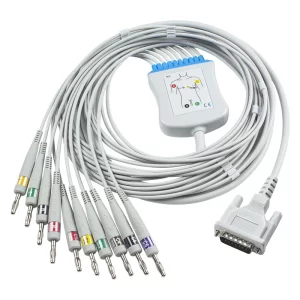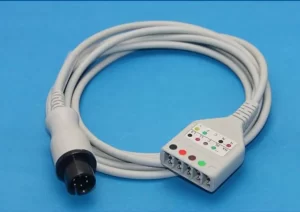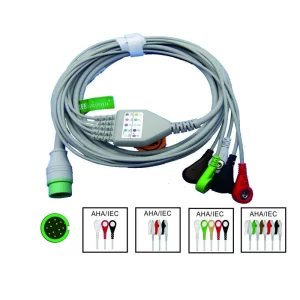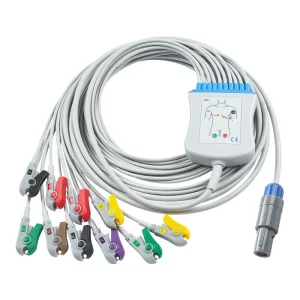Imagine undergoing a medical test crucial for diagnosis and treatment, only to encounter unexpected challenges that compromise its accuracy. This scenario is not uncommon when it comes to magnetic resonance imaging (MRI) procedures, particularly concerning the use of electrocardiogram (ECG) cables. In this article, we delve into why ECG cables can pose problems during MRI scans and explore potential solutions to ensure smoother and safer medical examinations.
MRI Basics
MRI, short for magnetic resonance imaging, is a non-invasive medical imaging technique used to visualize internal structures of the body with exceptional detail. It employs powerful magnets and radio waves to generate detailed images of organs, tissues, and other bodily structures, aiding in the diagnosis of various medical conditions.

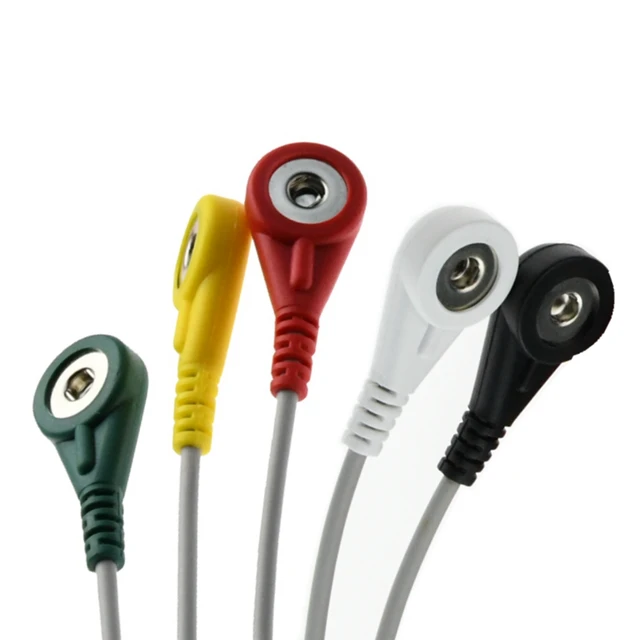
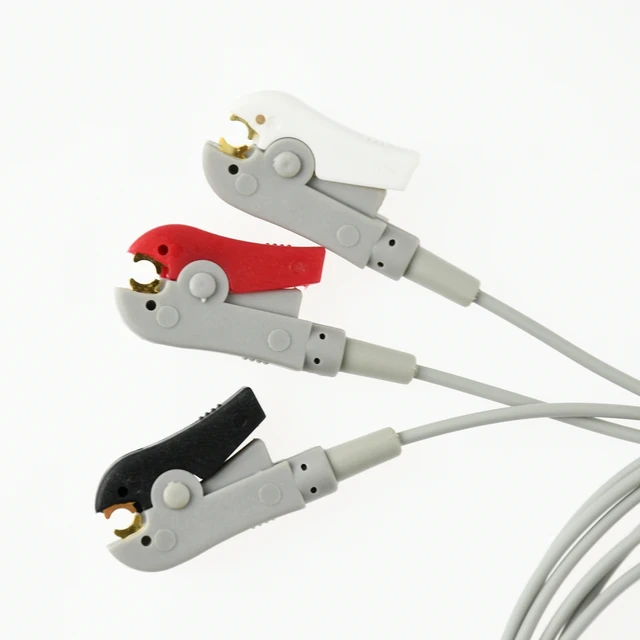
ECG Cable
Before delving into the intricacies of MRI procedures, let’s understand the role of ECG cables in medical tests. ECG, or electrocardiogram, is a diagnostic tool that records the electrical activity of the heart over a period of time. ECG cables are integral components used to connect electrodes placed on the patient’s skin to an ECG machine, allowing healthcare professionals to monitor heart activity.
MRI Environment
Inside the confines of an MRI machine, a unique environment prevails. Powerful magnets generate strong magnetic fields, while radiofrequency pulses create a controlled electromagnetic field. Patients undergoing MRI scans must adhere to strict safety protocols to prevent interference and ensure accurate results.
Problems with ECG Cables
Despite their importance in monitoring heart activity, ECG cables can become problematic when used during MRI procedures. The combination of magnetic fields and radiofrequency waves in the MRI environment can lead to interference, compromising the integrity of both ECG signals and MRI images.
Interference
One of the primary issues associated with ECG cables during MRI scans is interference. The magnetic fields generated by the MRI machine can induce electrical currents in the ECG cables, distorting the signals being transmitted. This interference not only affects the accuracy of the ECG readings but can also disrupt the MRI imaging process, leading to compromised diagnostic results.
Safety Risks
Beyond signal distortion, the presence of ECG cables in the MRI environment poses potential safety risks to patients. The cables may heat up due to electromagnetic induction, increasing the risk of burns or thermal injuries. Moreover, metallic components in the cables can exert forces in the magnetic field, potentially causing discomfort or injury to the patient.
Patient Experience
For patients undergoing MRI scans, the presence of problematic ECG cables can significantly impact their experience. Discomfort arising from overheating cables or concerns about safety hazards can induce anxiety and hinder the overall quality of care. Additionally, the need to reposition or adjust the cables during the procedure can disrupt the workflow and prolong the examination time.
Technological Solutions
Fortunately, advancements in medical technology have paved the way for innovative solutions to mitigate the issues associated with ECG cables during MRI scans. Manufacturers have developed specialized ECG cable designs resistant to electromagnetic interference, ensuring reliable signal transmission without compromising patient safety or imaging quality.
Importance of Compatibility
In the realm of medical diagnostics, compatibility is paramount. Healthcare providers must ensure that all equipment used during procedures, including ECG cables, is compatible with the MRI environment. Investing in MRI-compatible devices and accessories not only enhances patient safety but also contributes to the accuracy and efficiency of diagnostic imaging.
Healthcare Challenges
Despite technological advancements, healthcare providers face ongoing challenges in managing the complexities of MRI procedures. Balancing patient comfort, safety, and diagnostic accuracy requires a multifaceted approach that incorporates rigorous equipment testing, staff training, and patient education initiatives.
Patient Education
In the quest for optimal healthcare outcomes, patient education plays a pivotal role. Educating patients about the nuances of MRI procedures, including the potential challenges associated with ECG cables, empowers them to make informed decisions and alleviates anxiety. Clear communication regarding safety protocols and expectations fosters trust and cooperation between patients and healthcare providers.
Conclusion
In conclusion, while ECG cables serve a crucial role in monitoring heart activity, their compatibility with MRI procedures poses unique challenges. Interference and safety risks associated with ECG cables in the MRI environment underscore the importance of technological innovation and rigorous safety protocols. By prioritizing patient safety, investing in compatible equipment, and fostering patient education, healthcare providers can navigate the complexities of MRI procedures with confidence and efficacy.
FAQs
1. Can I undergo an MRI if I have an implanted pacemaker?
Patients with implanted pacemakers may undergo MRI scans under specific conditions. However, careful evaluation by a healthcare provider is necessary to ensure safety and minimize risks associated with the magnetic field.
2. Are there any alternatives to using ECG cables during MRI scans?
In some cases, alternative methods for monitoring heart activity, such as pulse oximetry or non-contact ECG monitoring, may be employed to avoid the use of traditional ECG cables during MRI procedures.
3. How can healthcare providers ensure the compatibility of ECG cables with MRI machines?
Healthcare providers should rely on equipment certified as MRI-compatible by reputable manufacturers. Additionally, conducting thorough compatibility tests and adhering to manufacturer recommendations are essential steps in ensuring the safe use of ECG cables during MRI scans.
4. What should I do if I experience discomfort during an MRI scan due to ECG cables?
Inform the healthcare staff immediately if you experience any discomfort or concerns during an MRI scan. They can make adjustments to alleviate discomfort and ensure your safety throughout the procedure.
5. Can MRI-compatible ECG cables be used in other medical tests?
Yes, MRI-compatible ECG cables can be used in various medical settings where compatibility with magnetic resonance imaging is required. However, it’s essential to verify compatibility with specific devices and procedures to ensure optimal performance and safety.

